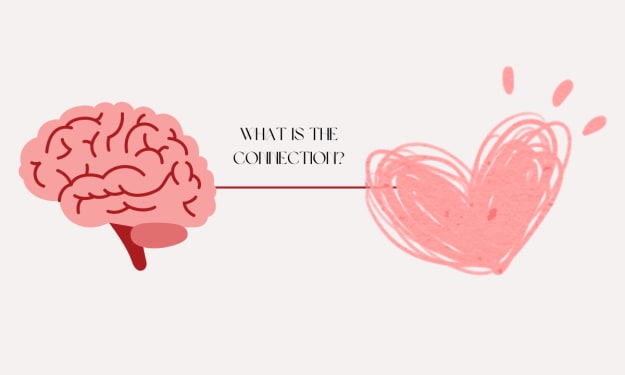
Decision-making is a complex process that involves the integration of multiple cognitive and emotional factors. Some of the psychological factors that can influence decision-making include:
Emotional states:
Emotions can play a significant role in decision-making. For example, people who are feeling anxious or stressed may be more risk-averse and less likely to make risky decisions. On the other hand, people who are feeling confident and positive may be more willing to take risks.
Cognitive biases:
Cognitive biases are systematic patterns of deviation from norm or rationality in judgment, whereby inferences about other people and situations may be drawn in an illogical fashion. Some common cognitive biases that can affect decision-making include confirmation bias (the tendency to seek out information that confirms one's preexisting beliefs), the sunk cost bias (the tendency to continue investing in a project or endeavor because of the resources that have already been invested), and the framing effect (the way in which the same information can be presented in different ways, leading to different decisions).
Past experiences:
People's past experiences can influence their decision-making processes. For example, someone who has had a negative experience with a particular type of product or service may be less likely to make a decision to purchase that product or service in the future.
Behavioral economics is a field that seeks to understand how psychological factors influence economic decision-making. It uses experimental methods and insights from psychology, sociology, and neuroscience to explain why people make certain economic decisions and how those decisions deviate from the assumptions of traditional economics.
Heuristics:
Heuristics are mental shortcuts that people use to make decisions quickly and efficiently. These shortcuts can lead to biases in decision-making, such as the availability heuristic (the tendency to overestimate the likelihood of an event based on its availability in memory) and the anchoring heuristic (the tendency to rely too heavily on the first piece of information encountered when making a decision).
Nudges:
A nudge is a subtle intervention that aims to influence people's behavior in a particular direction without restricting their freedom of choice. Nudges are often used in public policy to encourage people to make decisions that are in their own best interests, such as saving for retirement or making healthier lifestyle choices.
Default options:
Default options are the options that are preselected for people when they are making a decision. For example, when people are enrolling in a retirement plan, they may be given the option to opt in or opt out. If they do not take any action, they are considered to have "opted in" by default. Research has shown that default options can have a strong influence on people's decision-making, with many people choosing to stick with the default option rather than making a conscious choice.
Psychological factors play a significant role in decision-making. Emotional states, cognitive biases, and past experiences can all influence the choices that people make.
Traditional economic assumptions about rationality and self-interest do not always hold true in the real world. People's economic decisions are often influenced by psychological factors that deviate from these assumptions.
Behavioral economics can provide useful insights for designing strategies and policies that are more effective in achieving their goals. For example, understanding how default options and nudges can influence people's decision-making can help policymakers design interventions that are more likely to be successful.
There is still much that is not known about the psychology of decision-making and behavioral economics, and further research is needed to fully understand these complex phenomena.
I hope this gives you a good overview of about this story and that you may like it too.
About the Creator
John
Good think, Good to do everything ,positive.
Enjoyed the story? Support the Creator.
Subscribe for free to receive all their stories in your feed. You could also pledge your support or give them a one-off tip, letting them know you appreciate their work.





Comments
There are no comments for this story
Be the first to respond and start the conversation.